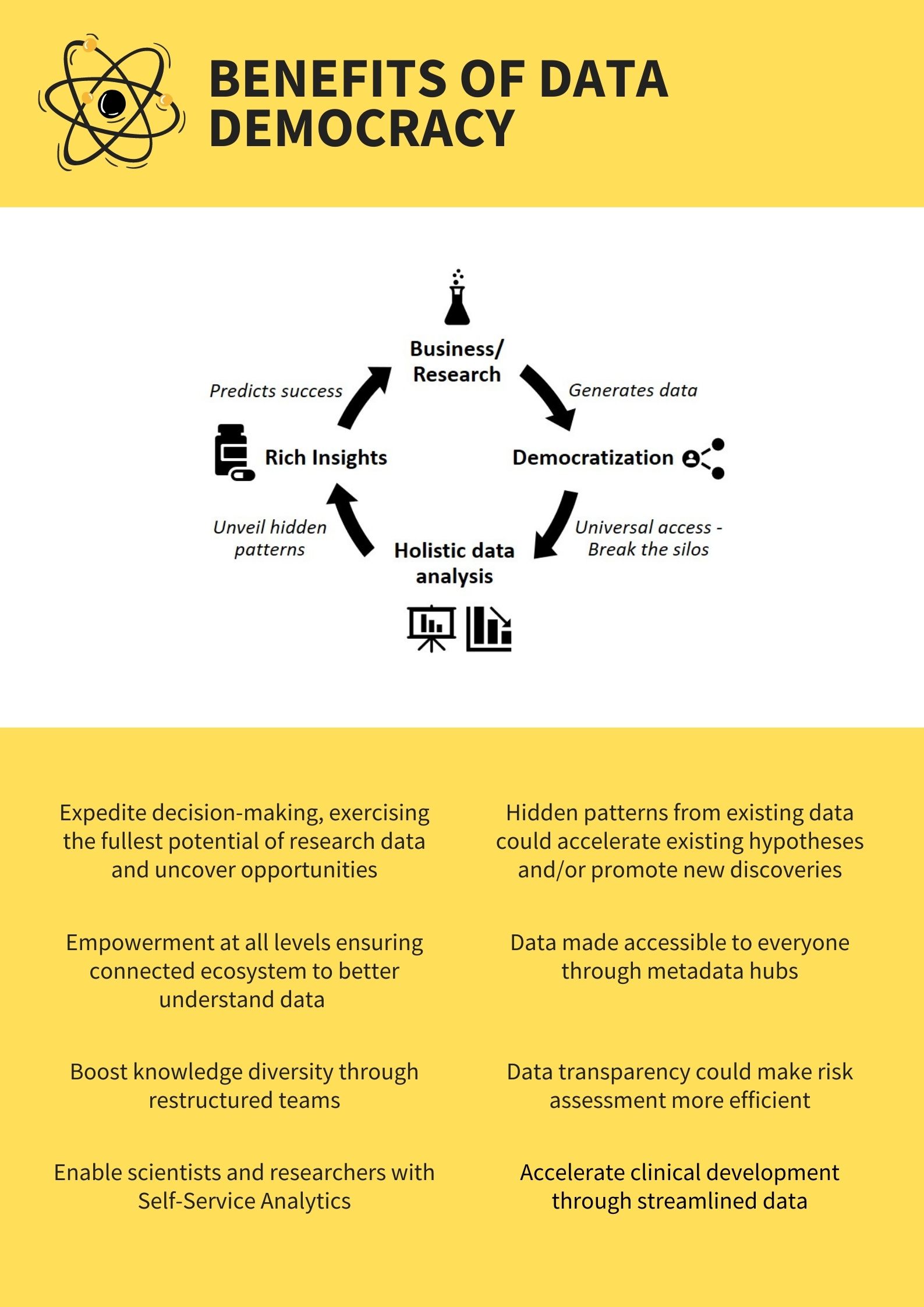BACKGROUND
In the first blog in this series, we looked at why data democratisation is important. In this blog, we look at how to decide if you need it.
Data democratization is the process of making data accessible to everyone. There would be no gatekeepers creating bottlenecks at the data gateway. Democratization is not limited to just access. It requires that the accessed data is understandable, and teams have a way to analyse and function using said data. The earliest proponents of large scale Data Democratization, AirBnB have made a stellar proof of concept for organizations to follow.

WHAT TO ASK YOURESLF TO SEE IF YOU NEED DEMOCRATISATION
In order to understand how democratized data is within an organization, asking yourself a few simple questions would help.
Can you….
Directly access all data relevant to your position?
Search for datasets and inferences made by other teams related to your position?
Access unprocessed data to perform exploratory analysis?
Create new datasets, that can be added to a central repository?
Set up new experiments with the existing models and data?
Access metadata information related to all datasets?
If even one of these questions is answered No, then your organization needs to work on democratizing its data.
Consider an example of a batch control process in a bioprocess lab where your scientist is trying to improve the batch-end quality.
Usually, Quality Analysis is performed at the end of each batch process by performing full factorial tests on measured variables. Data for analyses must be gathered from quality parameter sensors in order to identify accurate changes to the input. This is usually done with open-loop control, which does not happen in real-time.
Instead, if you can enable the entire process to be data-centric, with data-driven models, allowing your team to access and analyse data at every step, including the end result, it allows scientists and engineers to work on controlling and optimizing the batch performance.
Business units are always in need of data from different sources for optimization and decision-making. Enabling them to be data-centric can help achieve a paradigm shift in labs and industries of the future.
WHATS NEXT?
Stay tuned to know more about how to democratise data in our third blog in this series
To find out more about how Zifo can help with your data management needs please email us directly at info@zifornd.com


